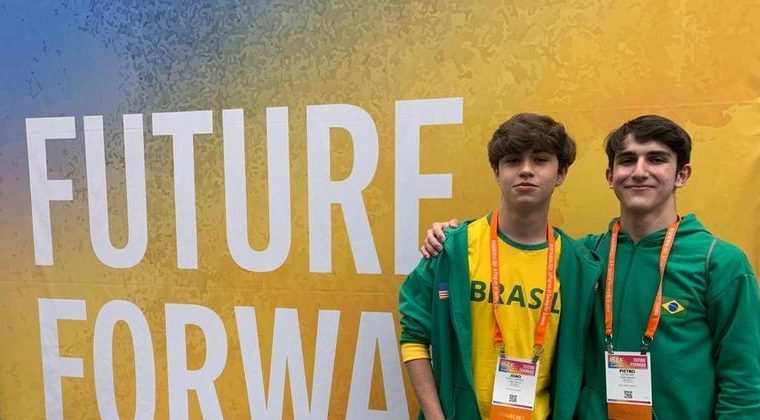
The Covid-19 pandemic sparked high school students Pietro Andrade Quinzani and Joo Pedro Sassi Sandre, who are interested in understanding the behavior of people who are skeptical about vaccines. From the observation, the Anti-Skeptical Project: Hofstead’s Cultural Matrix Clustering was born, which took the two to Atlanta in the United States.
The anti-skeptic was highlighted at FABRES (Brazil Science and Engineering Fair) at USP (University of So Paulo) and with it, the boys were able to present the project at ISEF (International Science and Engineering Fair) last week.
With a different name, Anti-skeptic emerged with the aim of understanding the cultural impact surrounding inquiries about the effectiveness of vaccines. “We tried to make a connection between these two elements, and we had to learn by researching both statistics and machine learning,” Pietro explains.
Machine learning is a field of engineering and computer science that analyzes patterns, the ability of computers to learn according to responses, crossings, and associations of data.
“In addition to learning how to work with tools, the opportunity to participate in Fabres was great because we learned a lot throughout the process and, in the United States, in addition to making a dream come true, we are developing In each presentation we give arguments to the judges.”
Pietro and Joo Pedro are still in their second year of high school at Porto Seguro College and intend to continue research. “I always intended to study engineering in college, but now researching behavior, I have many different ideas, but we want to attend fairs again next year.”



